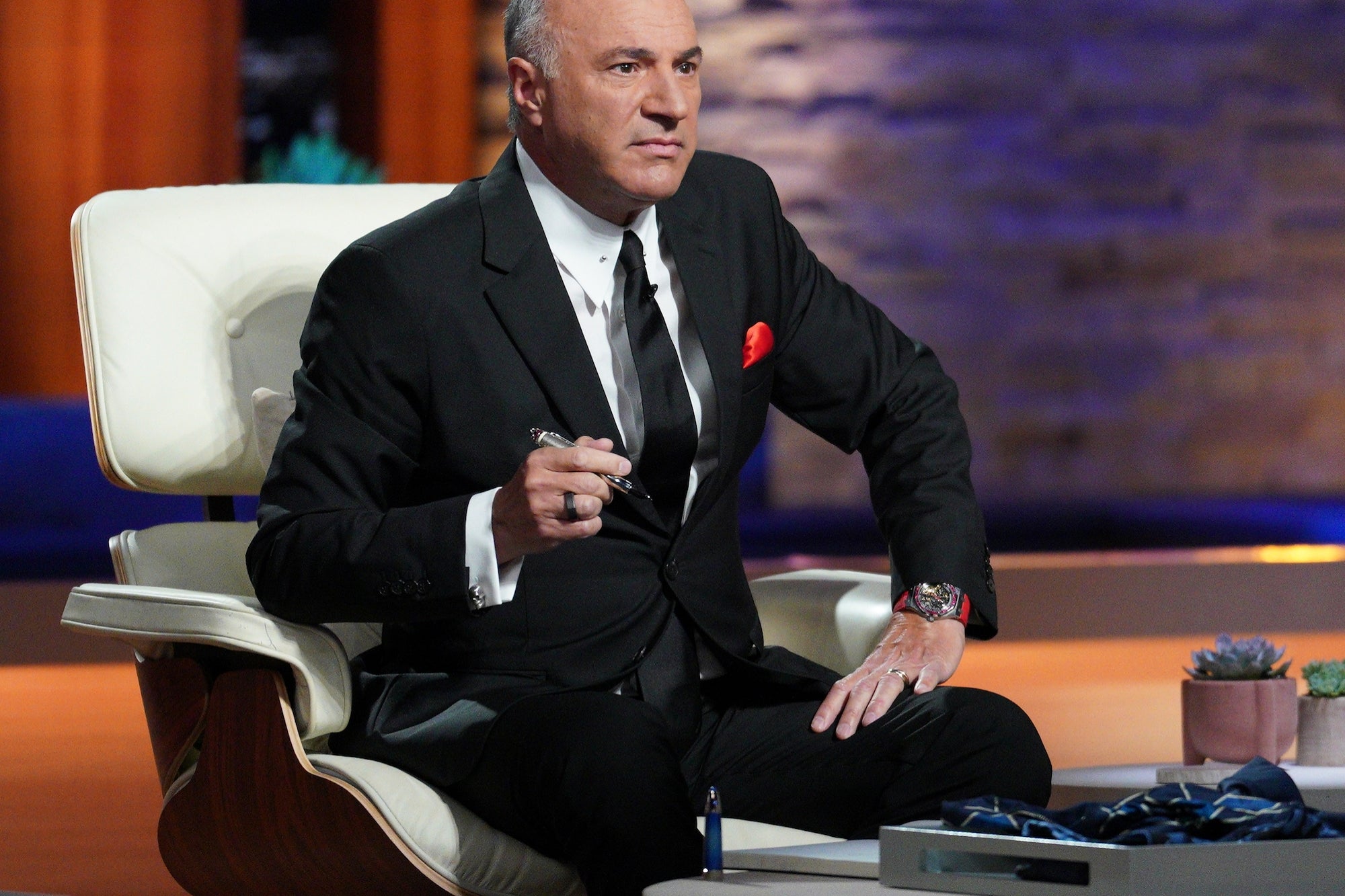Hillary Clinton's Likability Crisis In business, you don't have to be liked to be successful. In politics, it's crucial.
By Steve Tobak Edited by Dan Bova
Opinions expressed by Entrepreneur contributors are their own.

Hillary Clinton looked like the Democratic presidential candidate to beat in 2008, but a junior senator from Illinois came out of nowhere and, before you knew it, Barack Obama got the nomination and Clinton was toast.
The reason for the big turnaround? Likability. People liked Obama. Clinton, not so much.
Don't underestimate likeability as a key factor in winning elections. In business, it doesn't matter so much. In politics, it's huge. Sure, there's plenty of time for voter's remorse after the fact, but if folks don't like you to begin with, there's not going to be an "after the fact."
As a campaigner, Obama had remarkable charisma and leadership presence. And his message of hope and change resonated with voters. They believed him and they believed in him. And that's why they voted for him as president. Twice.
While Clinton is still the democratic frontrunner, her favorability rating is at an all-time low. Just as important, the vast majority of people don't think she's honest and trustworthy. And most folks don't think she actually cares about their needs and problems.
In other words, most folks don't like her.
The national poll numbers released last week by Quinnipiac University are pretty darn ugly. Just 40 percent of voters view her favorably versus 51 percent who don't. A meager 37 percent see her as honest and trustworthy, while 57 percent say she's not. And a little more than half the people feel she doesn't care about their needs and problems, by a margin of 52 - 45 percent.
Related: Nobody Leads a Charmed Life. Get Over It.
Lots of words and numbers, but what it really comes down to is this: If she can't turn those numbers around, she's going to have one hell of a time swaying independent voters. We're already starting to see that happen: another Quinnipiac poll shows Clinton trailing GOP hopefuls Jeb Bush, Scott Walker, and Marco Rubio in key swing states Colorado, Iowa, and Virginia.
That means Clinton is indeed vulnerable to a redux of 2008. After all, she was still way ahead in the polls among Democratic candidates in the fall of 2007. So there's plenty of time for anything to happen – and anything certainly did happen eight years ago. To avoid the same fate, she's got her work cut out for her.
The overarching issue is that Clinton's got way too many skeletons in her closet to be running the kind of Teflon campaign she's been running. By avoiding tough questions, engaging only with friendly fire, and controlling the narrative, she's doing a fine job playing to her base. Meanwhile, those in the middle and to the right of center are just digging in their heels.
If she wants to turn around those ugly ratings, Clinton is going to have to come to terms with three big issues that simply will not go away, and sooner rather than later:
Issue #1: Email Controversy
As Secretary of State, Clinton broke the rules by using her own private email address and server. She says none of the emails contained classified information, but that's sort of hard to believe. When Congress asked her to turn over her email server, she instead provided only work-related emails and deleted the rest. Not cool.
The email controversy relates in part to the 2012 terrorist attack on the U.S. consulate in Benghazi, Libya, that killed four Americans, including U.S. ambassador Chris Stevens. A congressional investigation into the actions of the Obama administration and Clinton's State Department during the attack has been stalled for years.
That's not the only issue affecting her poor "honesty" score, but it's the big one.
Related: 9 Lessons in Entrepreneurship From Silicon Valley
Issue #2: Champion of the 99 Percent?
More than any other issue, this election is about the economy and jobs, at least that's what the polls say. Clinton has positioned herself as a champion of the 99 percent who understands their needs, but that's hardly credible considering that the Clintons made $28 million last year alone and get about $200,000 per speech.
In Clinton's campaign video, she said, "Americans have fought their way back from tough economic times but the deck is still stacked in favor of those at the top. Everyday Americans need a champion and I want to be that champion."
Considering she's one of those at the very top, it should come as no surprise that a majority of voters don't believe she gets their needs and problems.
Issue #3: Likable? Not So Much
OK, so Hillary Clinton isn't the kind of person most of us would want to go out and have a few laughs with. She does tend to come across as sort of cold and aloof. That's not a news flash. But the way her campaign has been so tightly orchestrated and controlled doesn't help voters connect with her one bit.
If Clinton wants us to like her, she's going to have to get out and about – unscripted and unrehearsed – and genuinely connect with people. It's not her strong suit, but I don't see that she has a choice. If she wants to change those unfavorable numbers, she's going to have to make some changes and take some risks.
Like it or not, I just don't see the American people electing a president they don't like.
Related: Why Can't We All Just Get Along? Because We Shouldn't.









